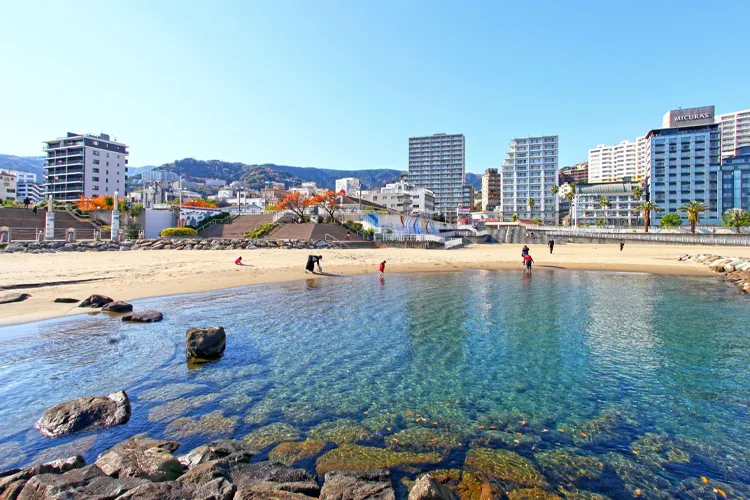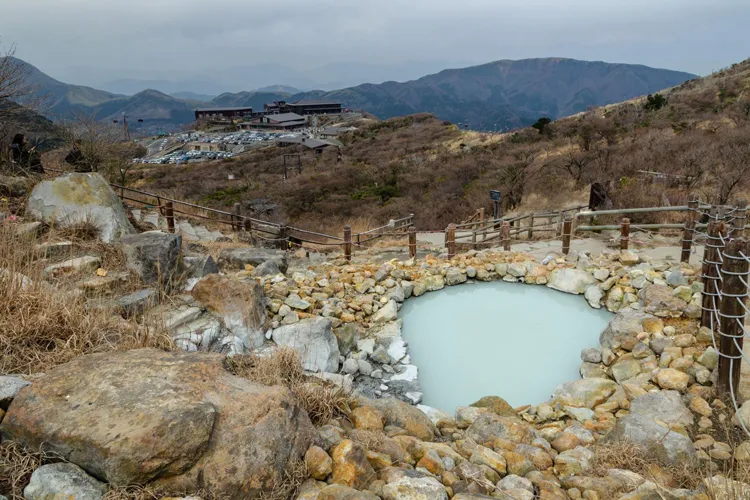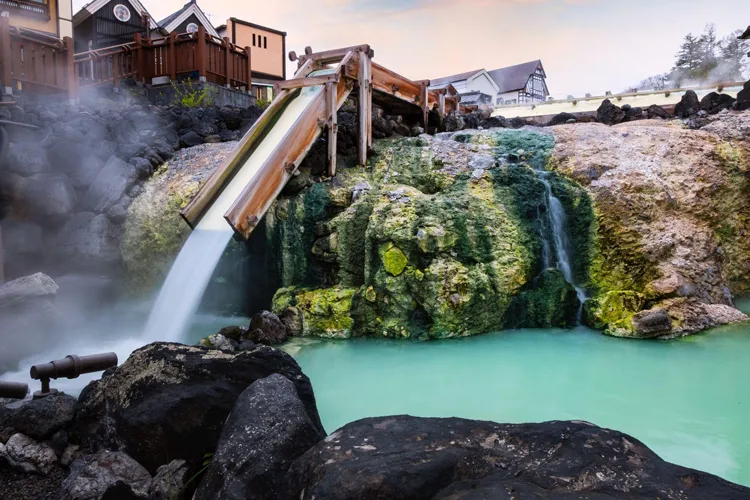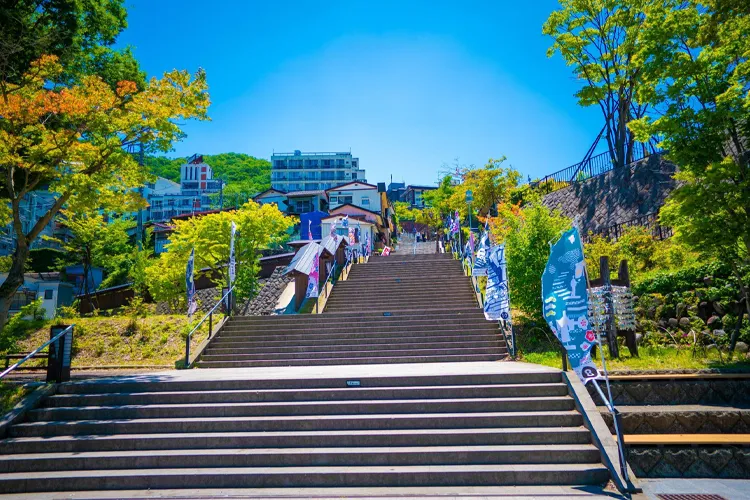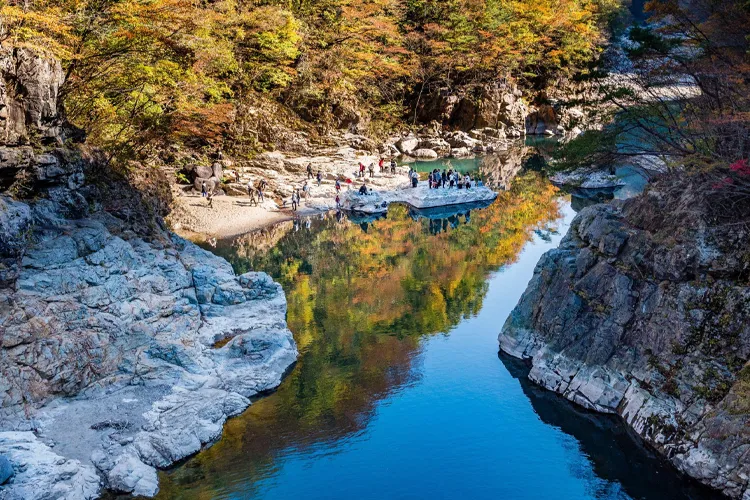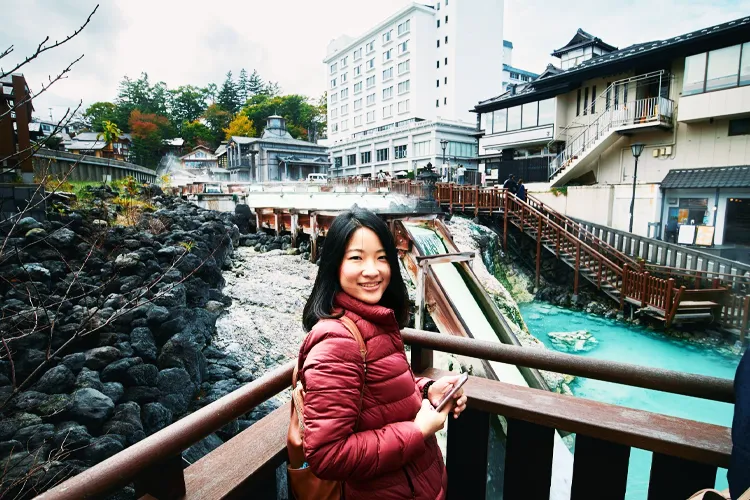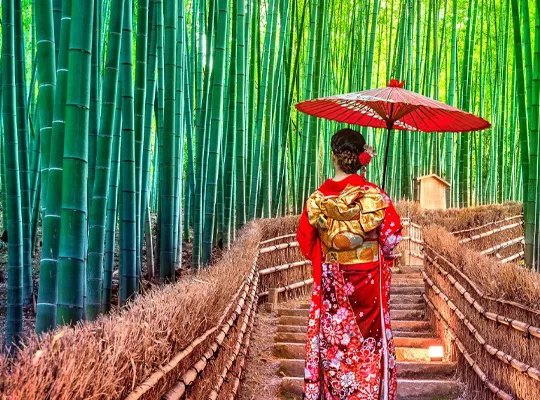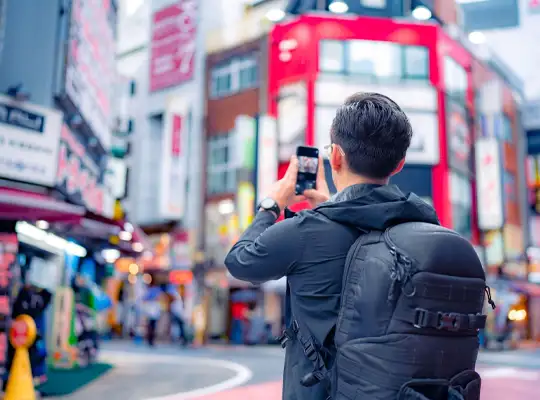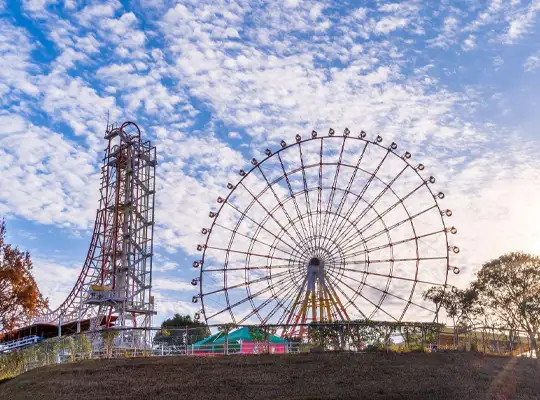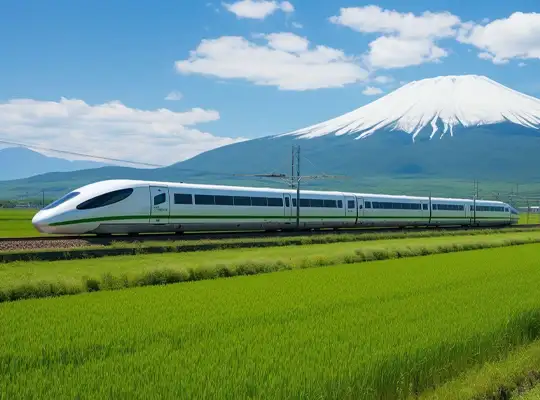Latest Articles
-
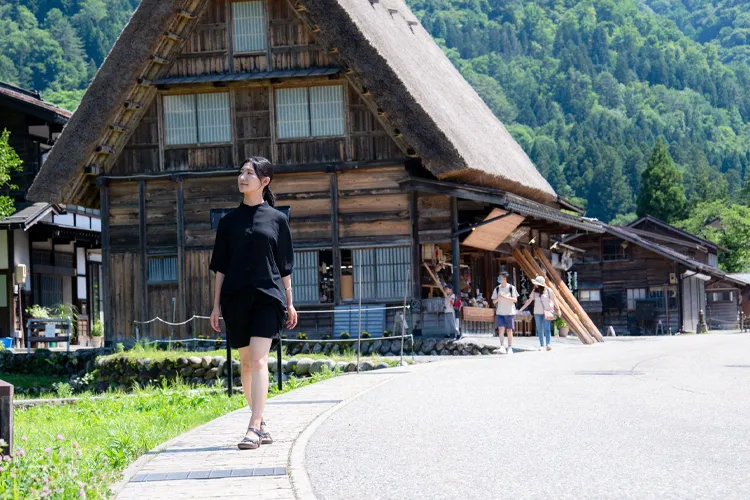
Japan's unique experiences
What do you do in Gifu?
-
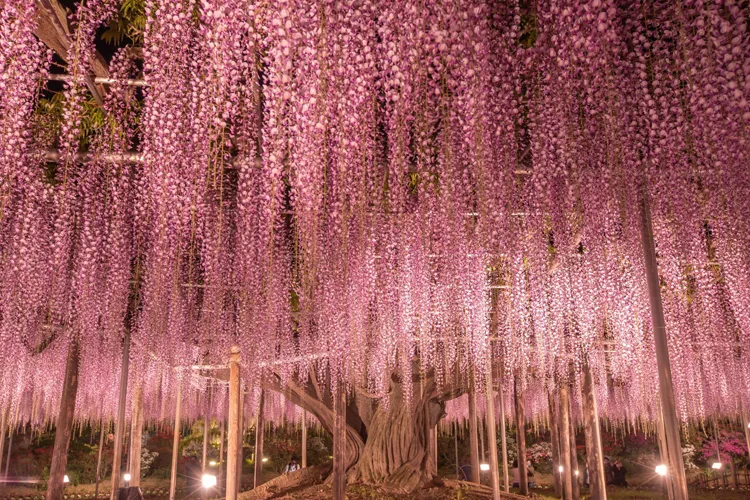
Japan's unique experiences
Ashikaga Flower Park's wisteria world is a must-visit for a spring outing from Tokyo
-
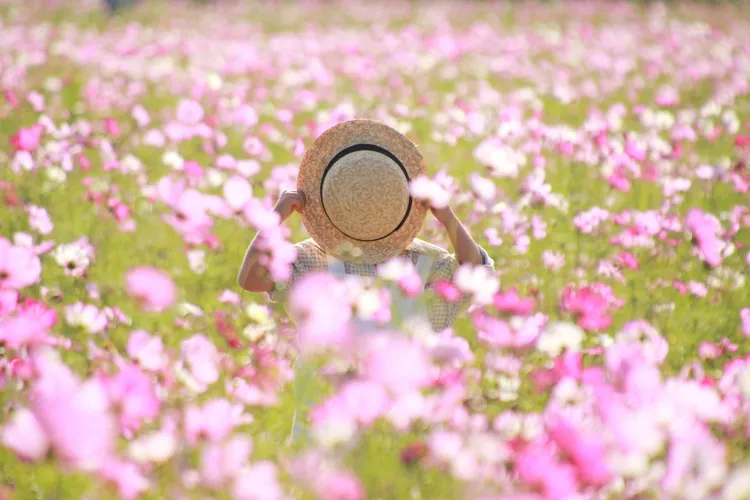
Japan's unique experiences
Experience the magical flower fields at Showa Memorial Park in 2025
-

Japan's unique experiences
What do you do in Hokkaido?
-
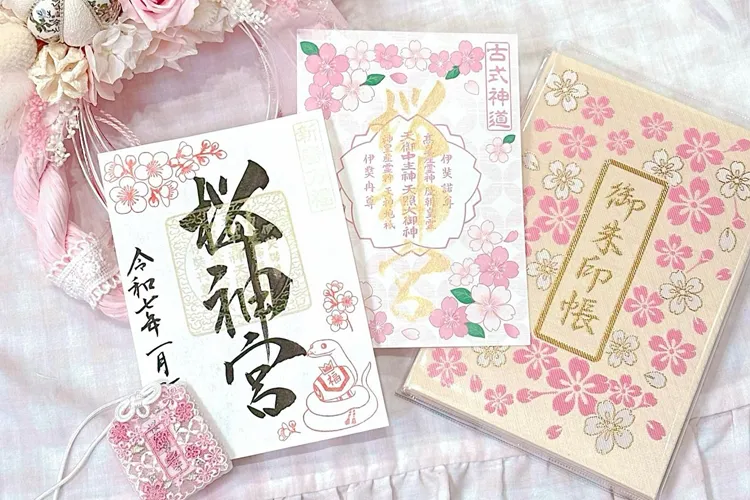
Japan's unique experiences
Pink cherry blossoms and ribbons make the Sakura Jingu Shrine look pretty
-

Japan's unique experiences
Hitachi Seaside Park's Nemophila World : A must-visit Spring Outing from Tokyo
-
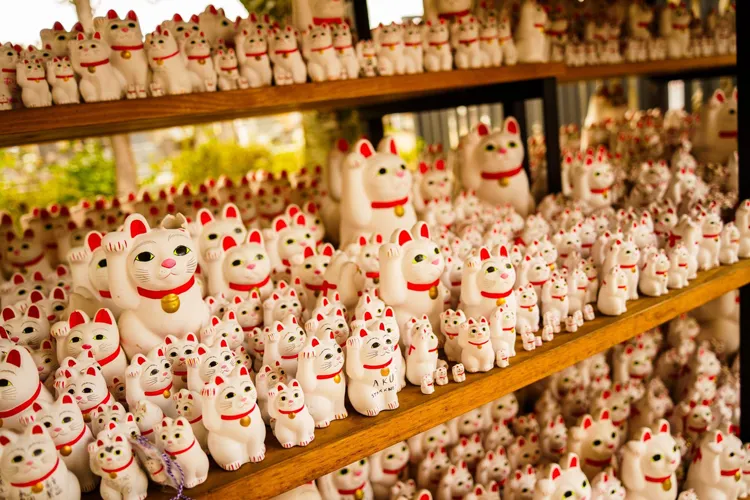
Japan's unique experiences
A must-visit for cats: Lucky Cat Temple in Tokyo.
-

Japan's unique experiences
What do you do in Okinawa?
-
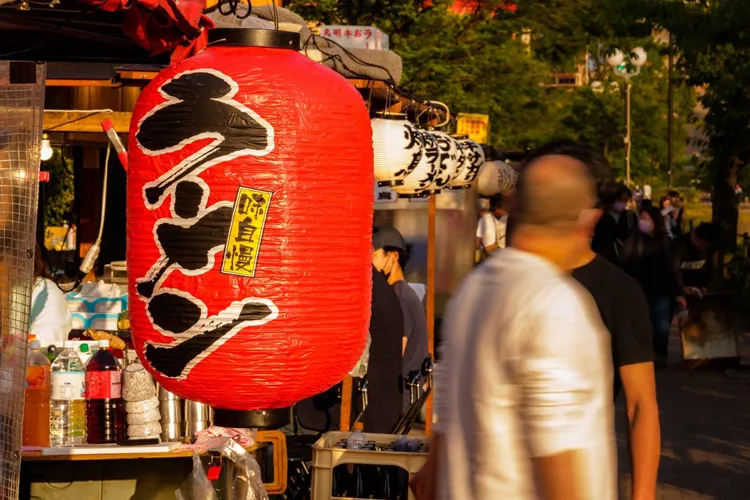
Japan's unique experiences
What do you do in Fukuoka?
-
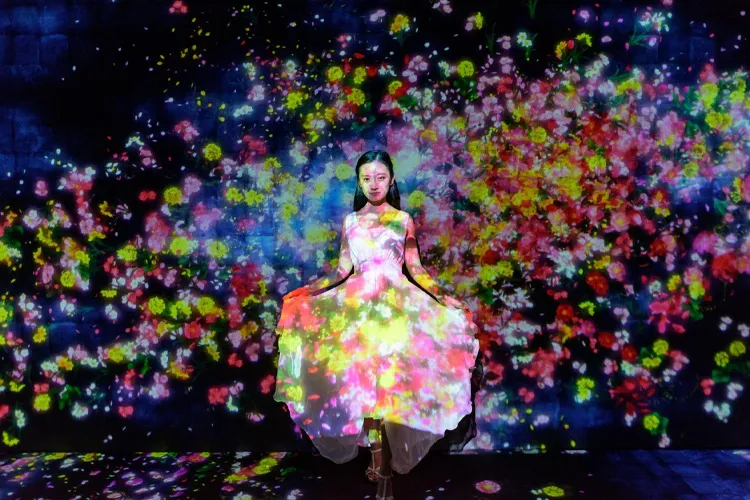
Japan's unique experiences
Best 6 spots to Visit in Tokyo - 2025
-
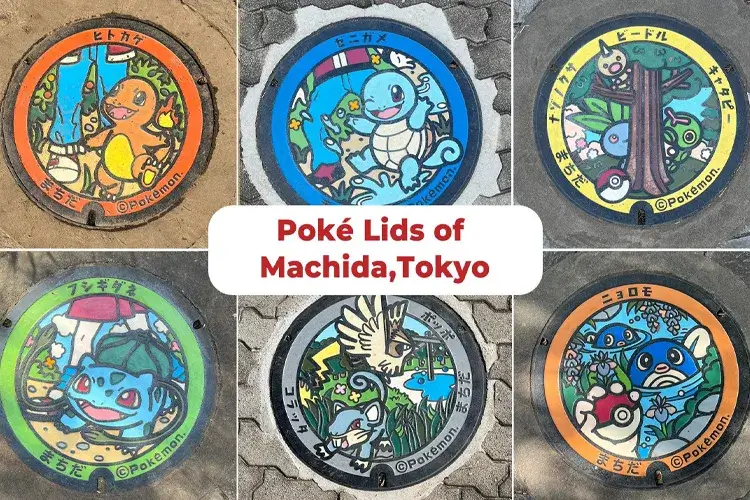
Japan's unique experiences
What is the location for the Pokémon manhole covers(Poké Lids) in Machida, Tokyo
-
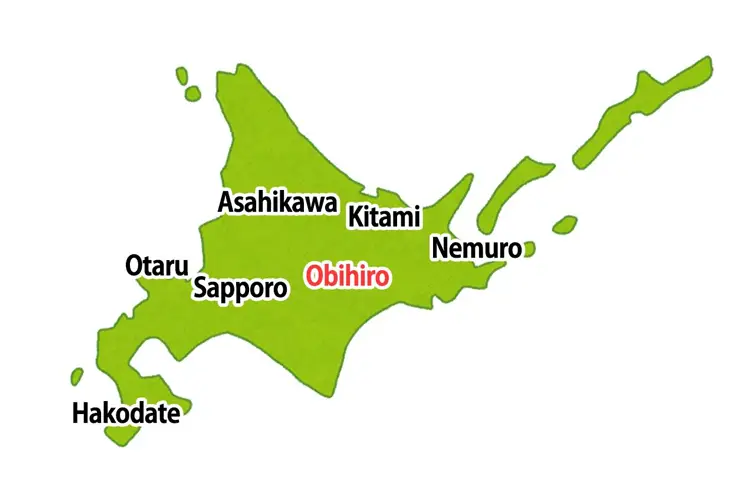
Japan's unique experiences
Top things to Do in Obihiro, Hokkaido
-
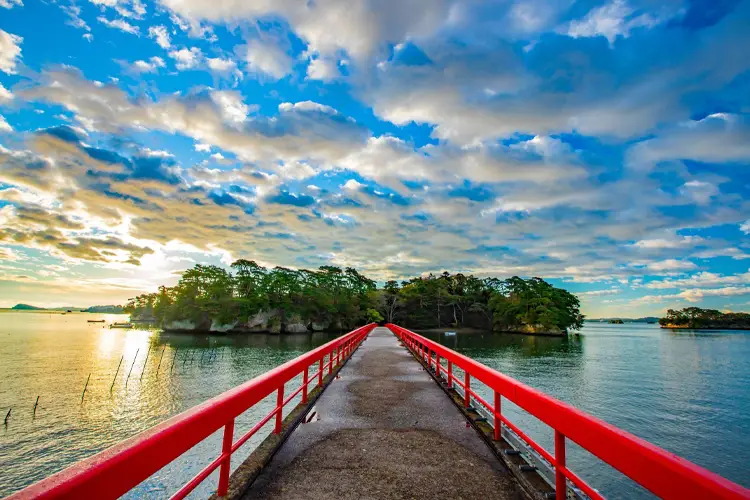
Japan's unique experiences
Top things to Do in Miyagi, Japan
-
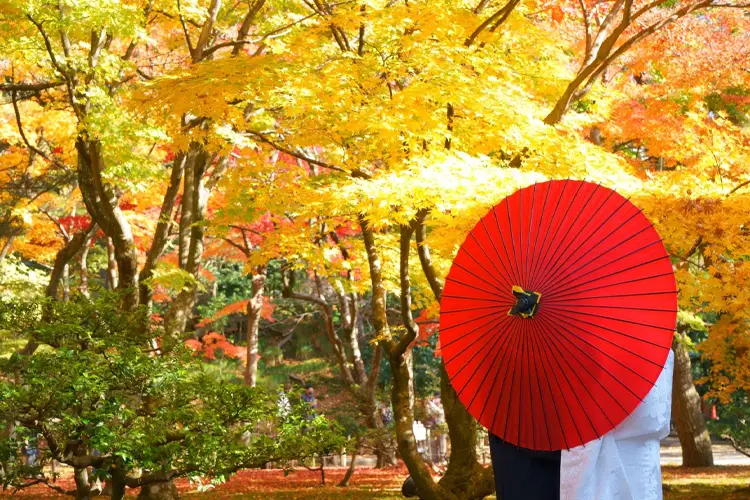
Japan's unique experiences
What do you do in Ishikawa?
-
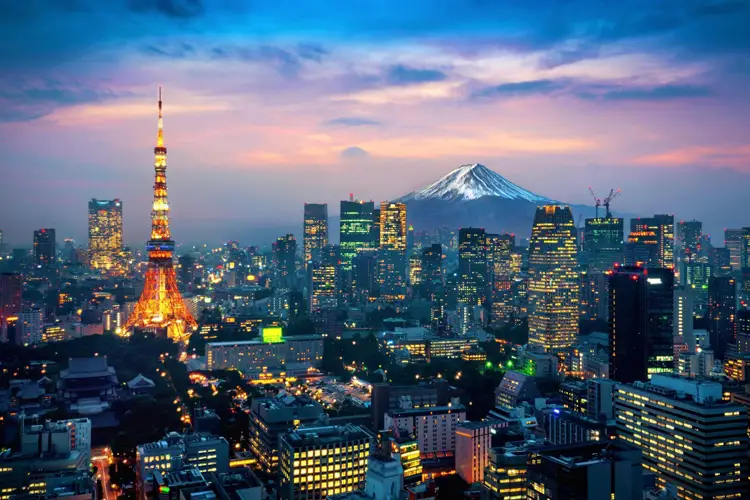
Japan's unique experiences
What do you do in Tokyo?
-

Japan's unique experiences
What do you do in Osaka?
-
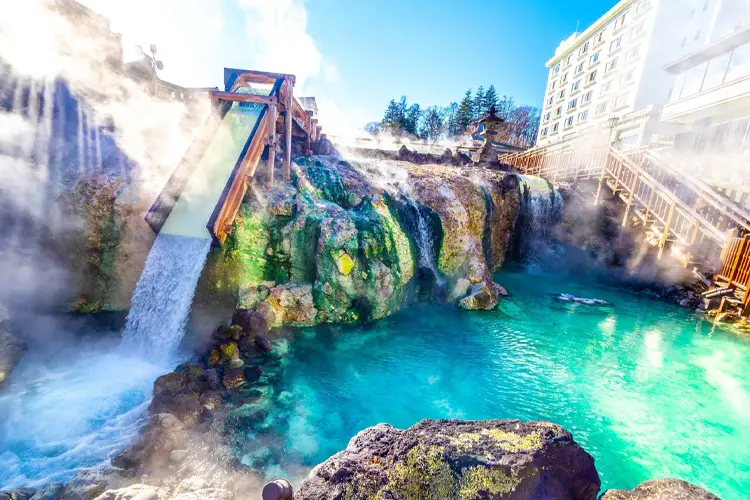
Japan's unique experiences
It's a must to have tips when visiting Kusatsu
-
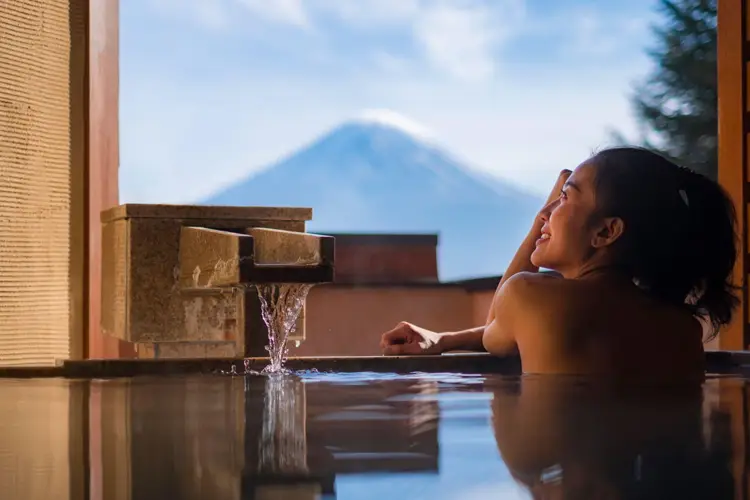
Japan's unique experiences
Experience hot springs in Japan
-

Japan's unique experiences
The most popular itinerary in Osaka
-
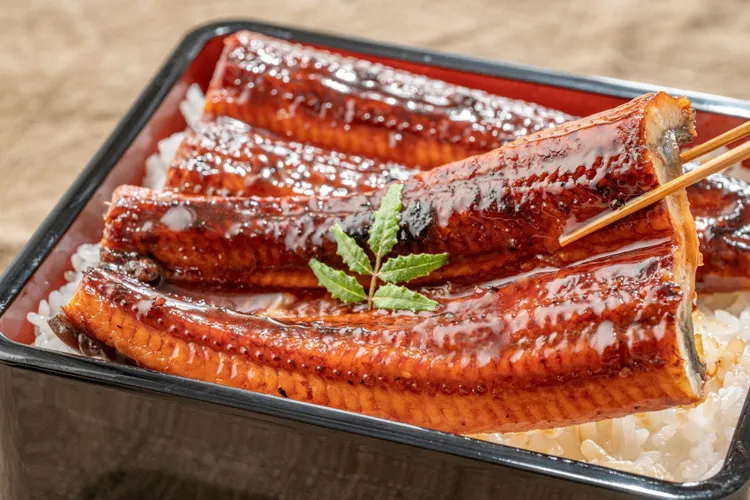
Japan's unique experiences
Unagi is a food that is worth trying when in Japan
-
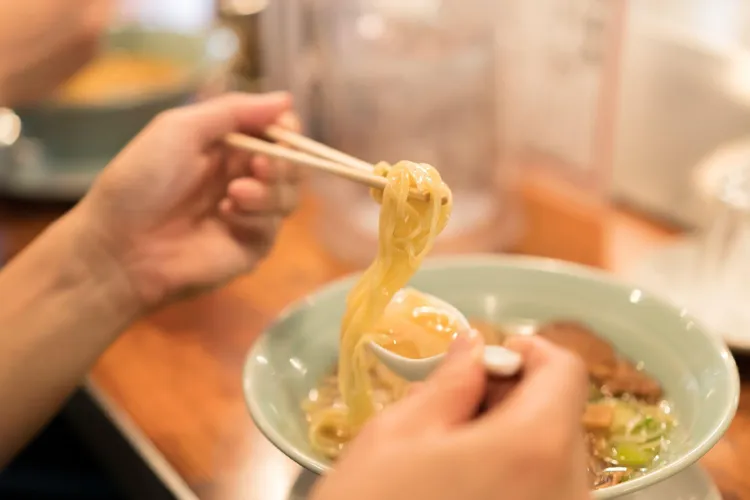
Japan's unique experiences
The classic 5 Ramen varieties
-
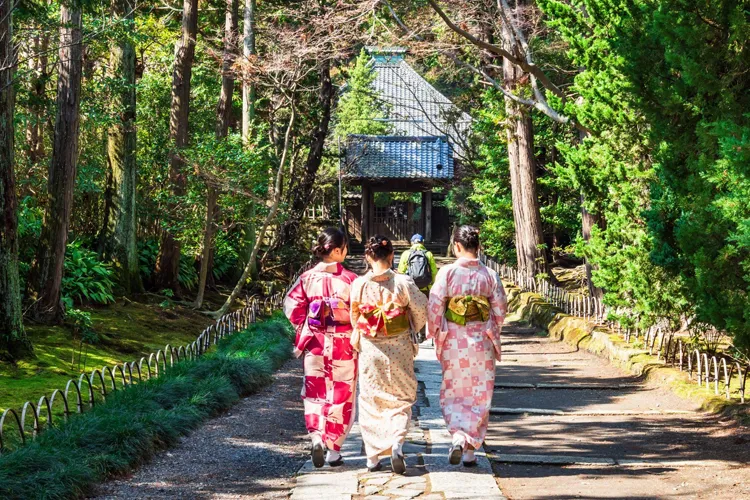
Japan's unique experiences
What is Kamakura like?
-
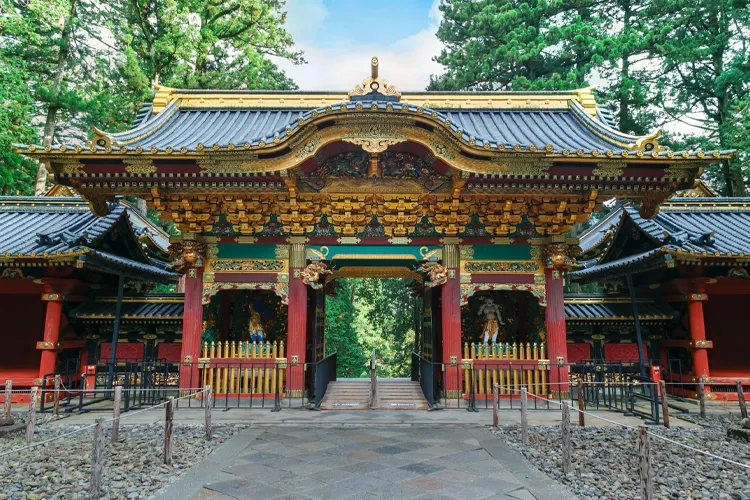
Japan's unique experiences
What do you do in the Nikko?
-
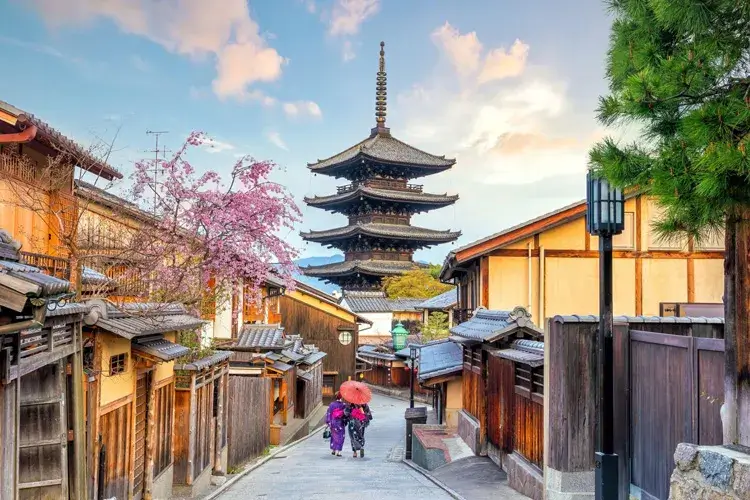
Japan's unique experiences
The best spots in the Kansai area
-
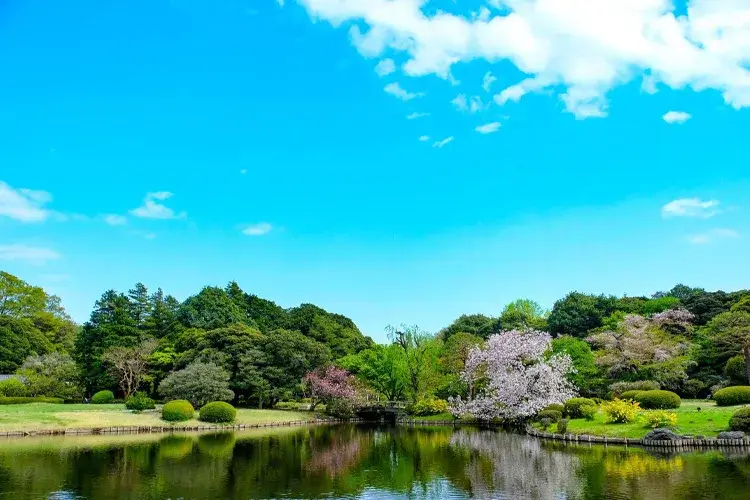
Japan's unique experiences
15 Best Things to Do in Shinjuku,Tokyo- 2024
-
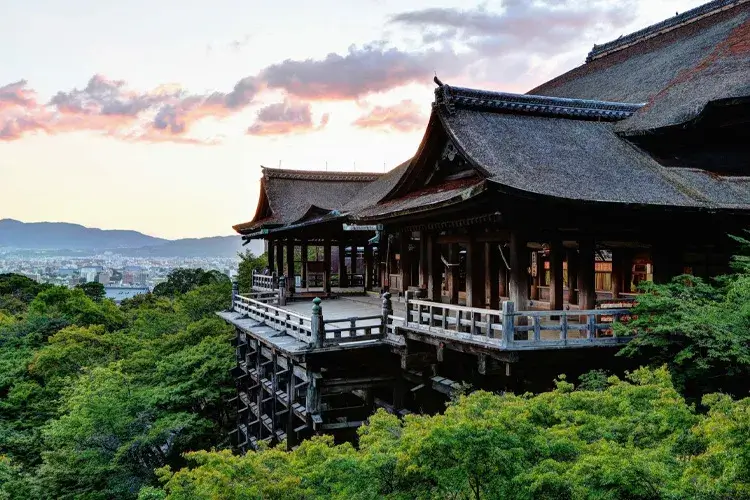
Japan's unique experiences
Best 15 Temples and Shrines to Visit in Kyoto - 2024
-
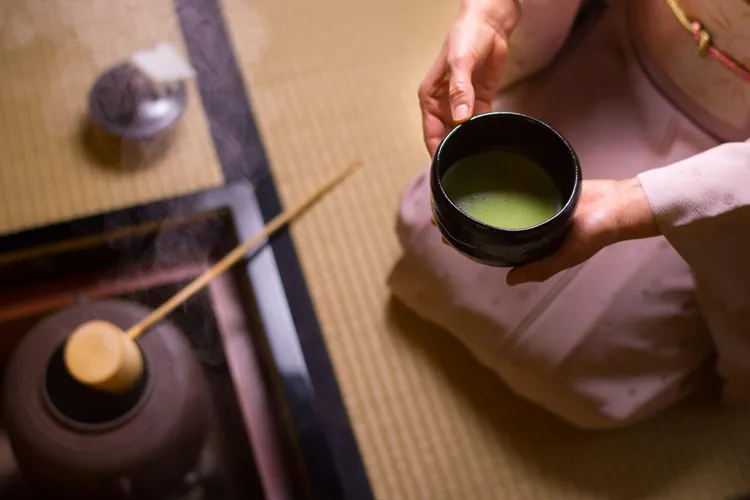
Japan's unique experiences
5 Best Tea ceremony in Kyoto- 2024
-
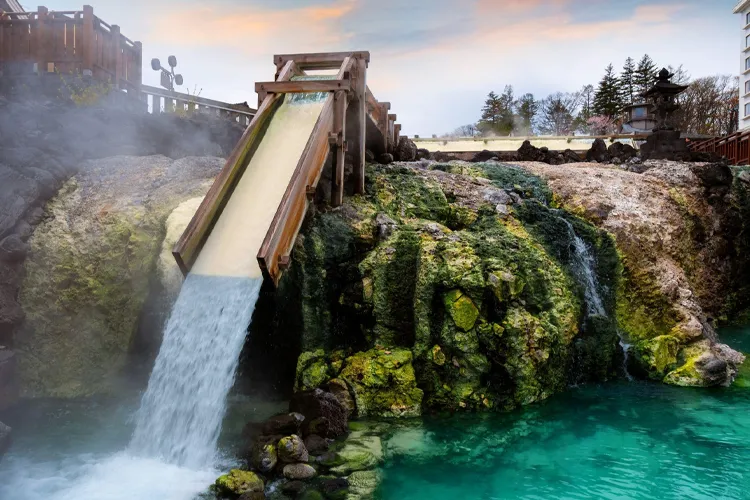
Japan's unique experiences
The 5 best hot springs of the Kanto area
Tours
Popular Private Toursby chartered vehicles
- All
- Hokkaido Area
- Kanto Area
- Chubu Area
- Kansai Area
- kyushu Area
- Special Tour
-

Hokkaido Area
Sapporo Tour
8 hours
From59,500 JPY
-

Hokkaido Area
Furano & Biei Tour
10 hours
From66,700 JPY
-
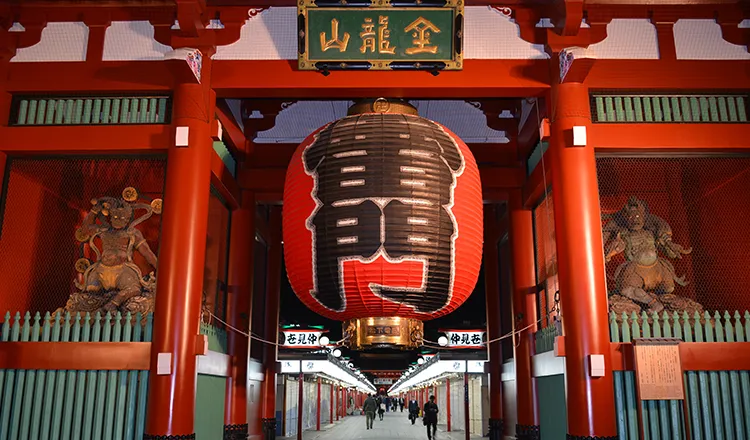
Tokyo Area
Tokyo One-day Tour
8 hours
From60,000 JPY
-

Tokyo Area
Tokyo Half-day Tour
4 hours
From32,000 JPY
-

Tochigi Area
Nikko Tour
9 hours
From103,500 JPY
-
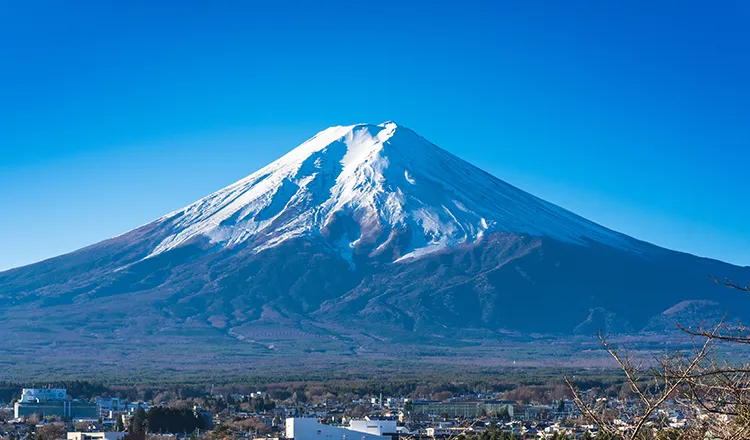
Yamanashi Area
Mt. Fuji Tour
9 hours
From104,500 JPY
-

Kanagawa Area
Yokohama Tour
8 hours
From78,500 JPY
-

Kanagawa Area
Kamakura Tour
8 hours
From81,000 JPY
-

Aichi Area
Nagoya Tour
8 hours
From58,000 JPY
-

Gifu Area
Shirakawago Tour
7 hours
From63,900 JPY
-

Ishikawa Area
Kanazawa Tour
8 hours
From53,000 JPY
-
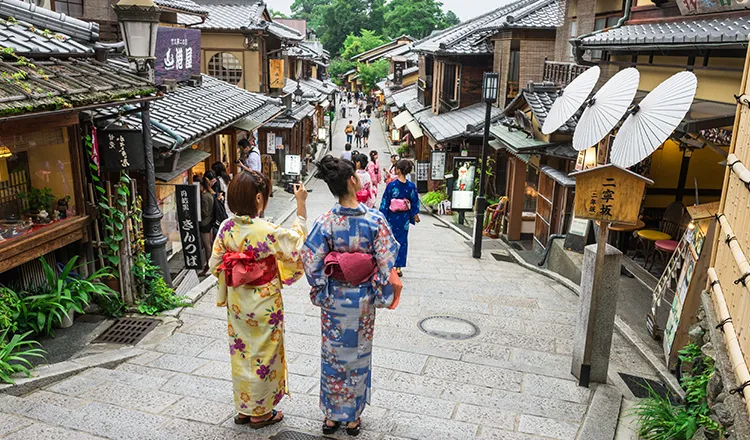
Kyoto Area
Kyoto One Day Private Tour
8 hours
From78,900 JPY
-

Kyoto Area
Kyoto Arashiyama Tour
4 hours
From44,500 JPY
-

Nara Area
Nara Tour
8 hours
From61,800 JPY
-
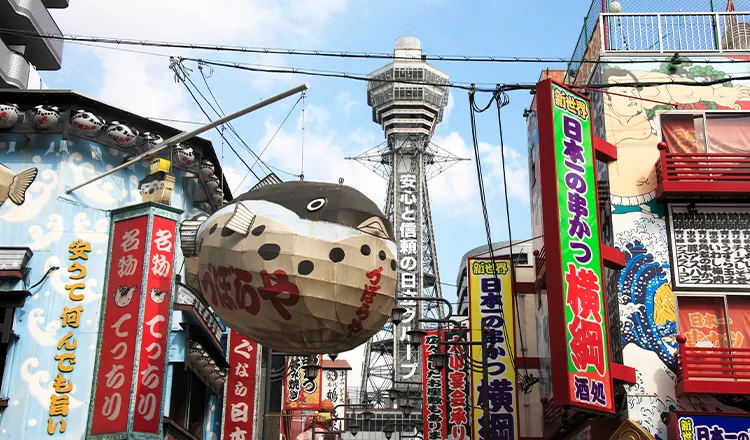
Osaka Area
Osaka Tour
8 hours
From55,600 JPY
-

Hyogo Area
Kobe Tour
8 hours
From57,000 JPY
-

Hiroshima Area
Hiroshima Tour
8 hours
From57,000 JPY
-

Fukuoka Area
Fukuoka Tour
8 hours
From50,000 JPY
-

Nagasaki Area
Nagasaki Tour
8 hours
From50,000 JPY
-

Okinawa Area
Okinawa Tour
9 hours
From57,000 JPY
-

Special Tour
Cherry Blossom Tour
8 hours
From63,000 JPY
-

Special Tour
Shore Excursions
1 Day
From93,500 JPY
-

Special Tour
Golden Route Tour
7 Days
From780,000 JPY


